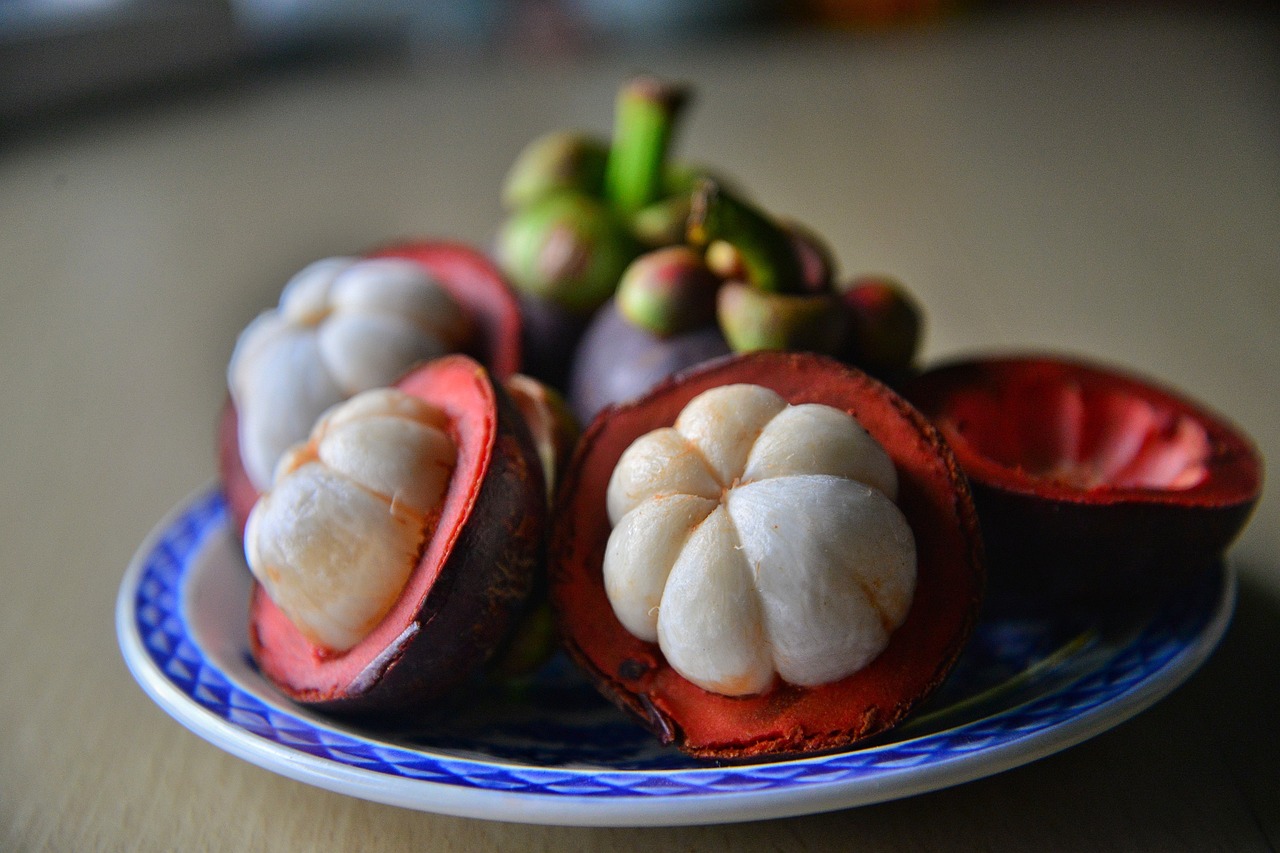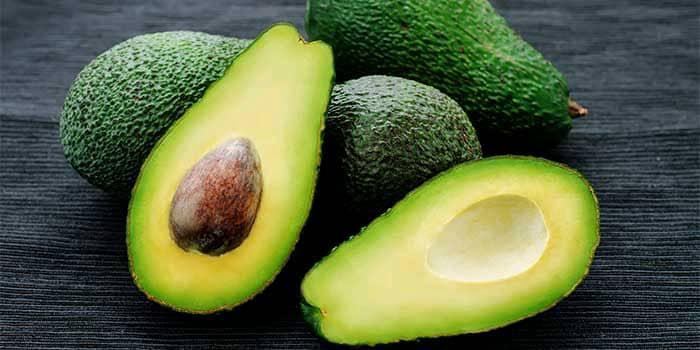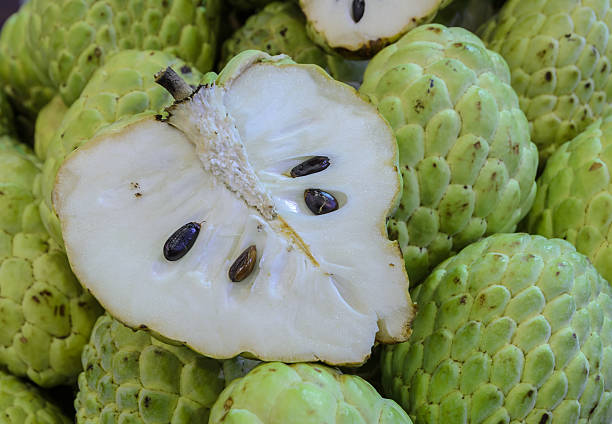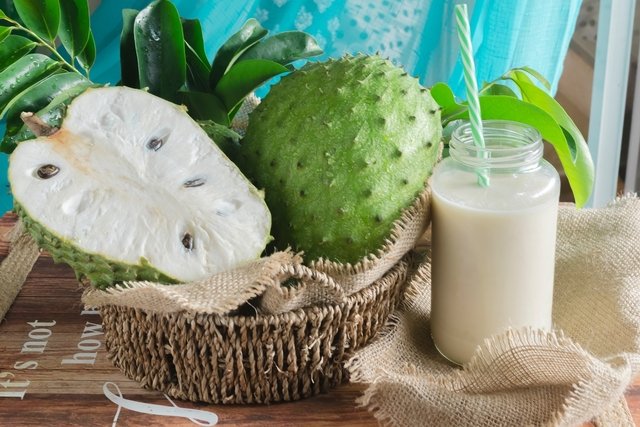Nestled in the tropical landscapes of Southeast Asia, the mangosteen stands as a regal jewel among fruits, celebrated not only for its sweet and tangy flavor but also for its impressive nutritional richness. Often referred to as the “Queen of Fruits,” mangosteen delivers a sumptuous blend of essential vitamins, minerals, and antioxidants, making it a prized addition to the world of exotic fruits.
At the core of mangosteen’s nutritional allure is its high content of vitamin C. This antioxidant vitamin, abundant in each juicy segment of the fruit, plays a pivotal role in supporting the immune system, promoting skin health, and acting as a defender against oxidative stress. With every delectable bite of mangosteen, one not only experiences its unique and sweet taste but also enjoys a refreshing boost to immune defenses.
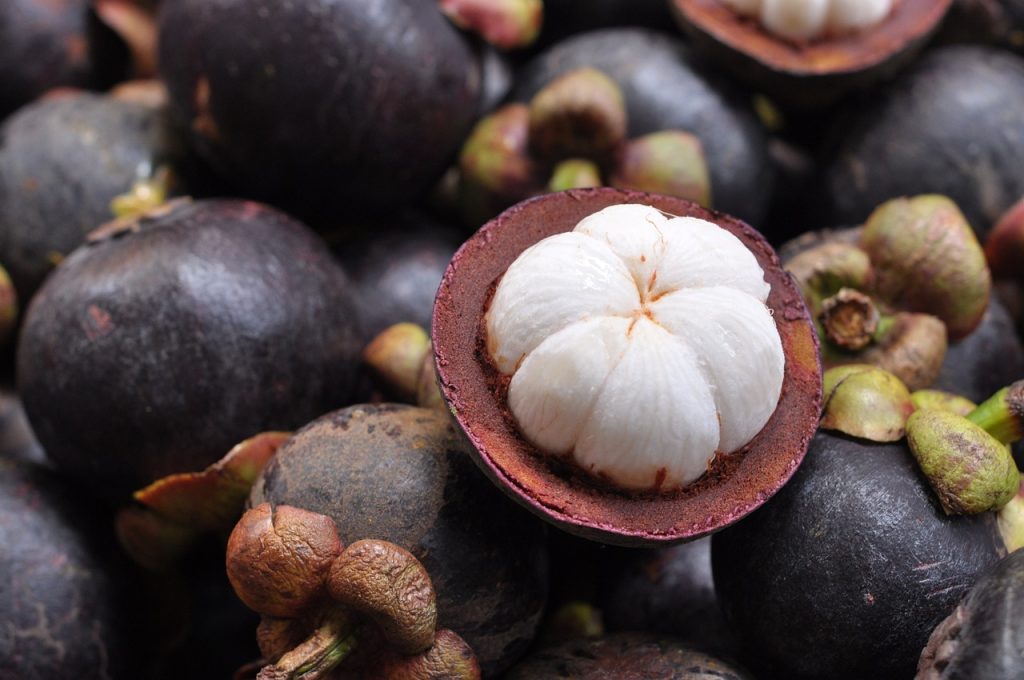
Mangosteen is rich in dietary fiber, contributing to digestive health. The fiber content aids in regular bowel movements, supports gut well-being, and may contribute to a feeling of fullness. This digestive-friendly nature makes mangosteen not just a delightful tropical treat but also a potentially satisfying option for those seeking fiber in their diet.
The vibrant purple hue of mangosteen’s rind is attributed to the presence of xanthones, powerful antioxidants with potential health benefits. These compounds have been studied for their anti-inflammatory, anti-cancer, and cardiovascular protective properties. The xanthones in mangosteen add a layer of nutritional significance, turning it into not just a sweet indulgence but potentially a natural ally in promoting overall well-being.
Mangosteen provides essential minerals, including potassium, manganese, and magnesium. Potassium is crucial for heart health, helping regulate blood pressure and supporting proper heart function. Manganese plays a role in bone formation, blood clotting, and reducing inflammation, while magnesium contributes to muscle and nerve function, bone health, and energy metabolism. The mineral content in mangosteen adds to its nutritional value, supporting various physiological processes within the body.
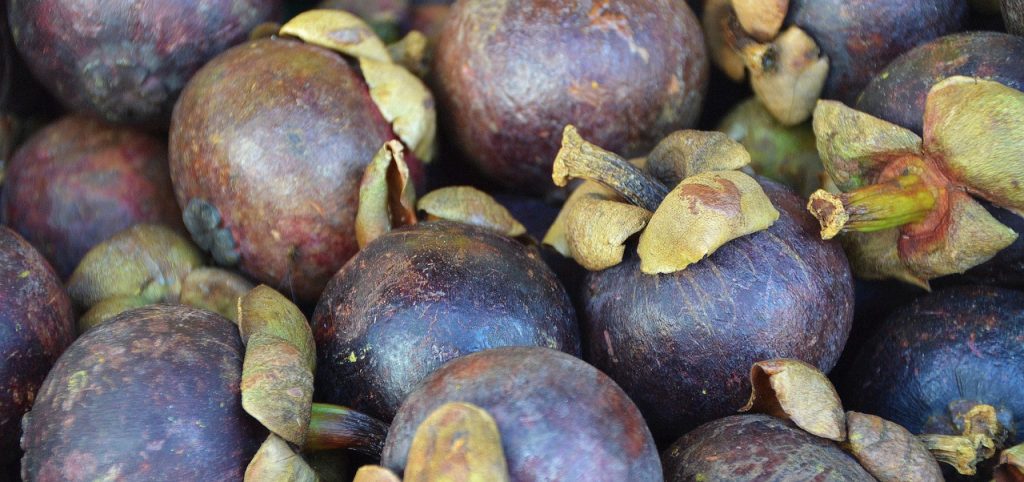
This exotic fruit also contains a range of B-vitamins, including thiamine (B1), riboflavin (B2), niacin (B3), and folate (B9). These vitamins are essential for energy metabolism, red blood cell formation, and neural development. The B-vitamin composition in mangosteen contributes to its overall nutrient richness, providing a spectrum of essential nutrients in each succulent bite.
While mangosteen is cherished for its delectable taste and potential health benefits, it’s essential to note that its availability may be limited in some regions. As part of a diverse and balanced diet, mangosteen offers a flavorful and nutritious experience, showcasing the bounty of tropical fruits.
In conclusion, mangosteen, the “Queen of Fruits,” with its exotic allure and nutritional richness, transcends its role as a tropical delicacy to emerge as a nutrient jewel. From immune-boosting vitamin C to antioxidant-rich xanthones and a spectrum of essential minerals and B-vitamins, mangosteen offers a comprehensive array of nutrients. As we relish the juicy sweetness of mangosteen, we are not just enjoying a tropical delight; we are partaking in a nutritional experience that delights both the palate and the body.

